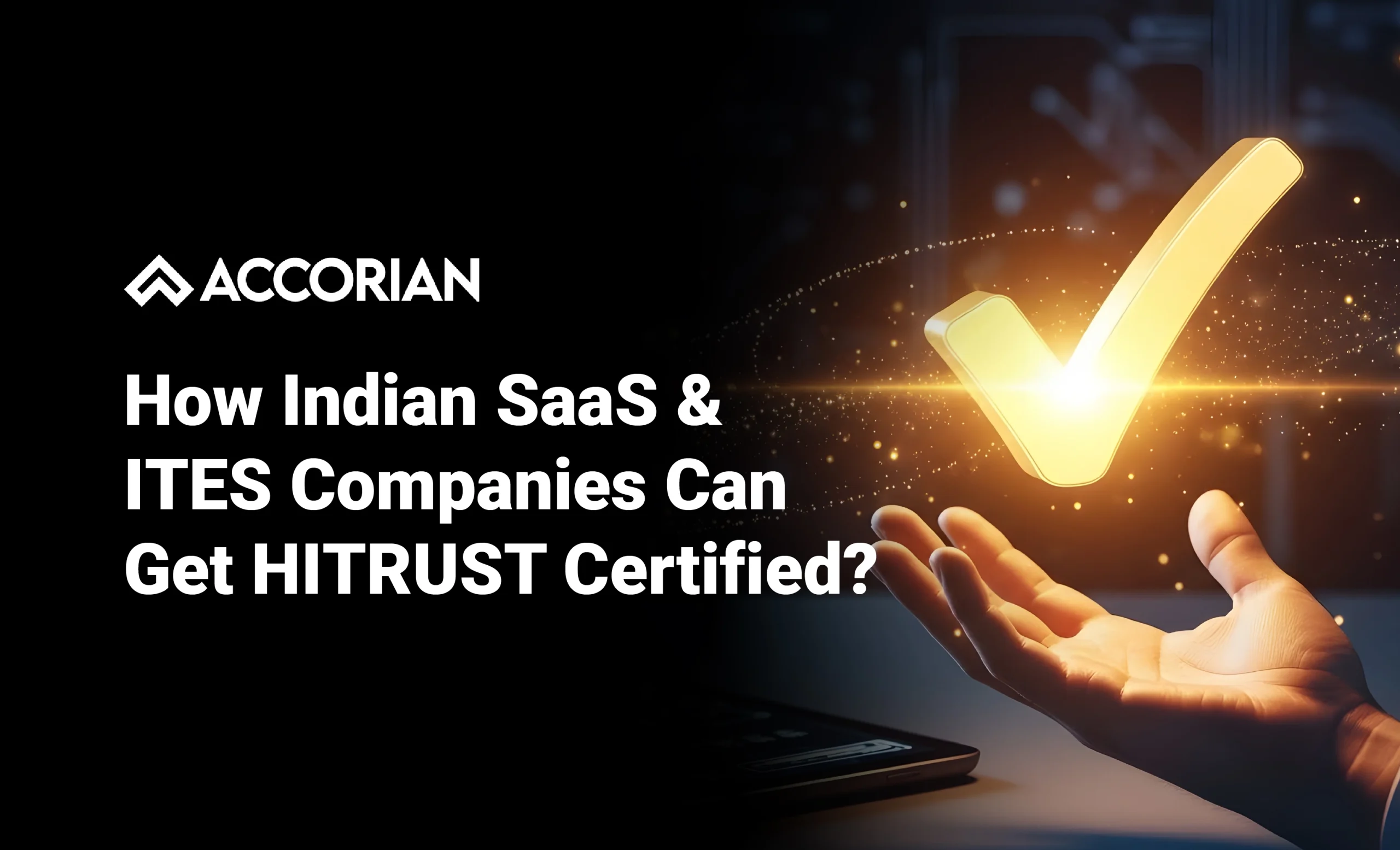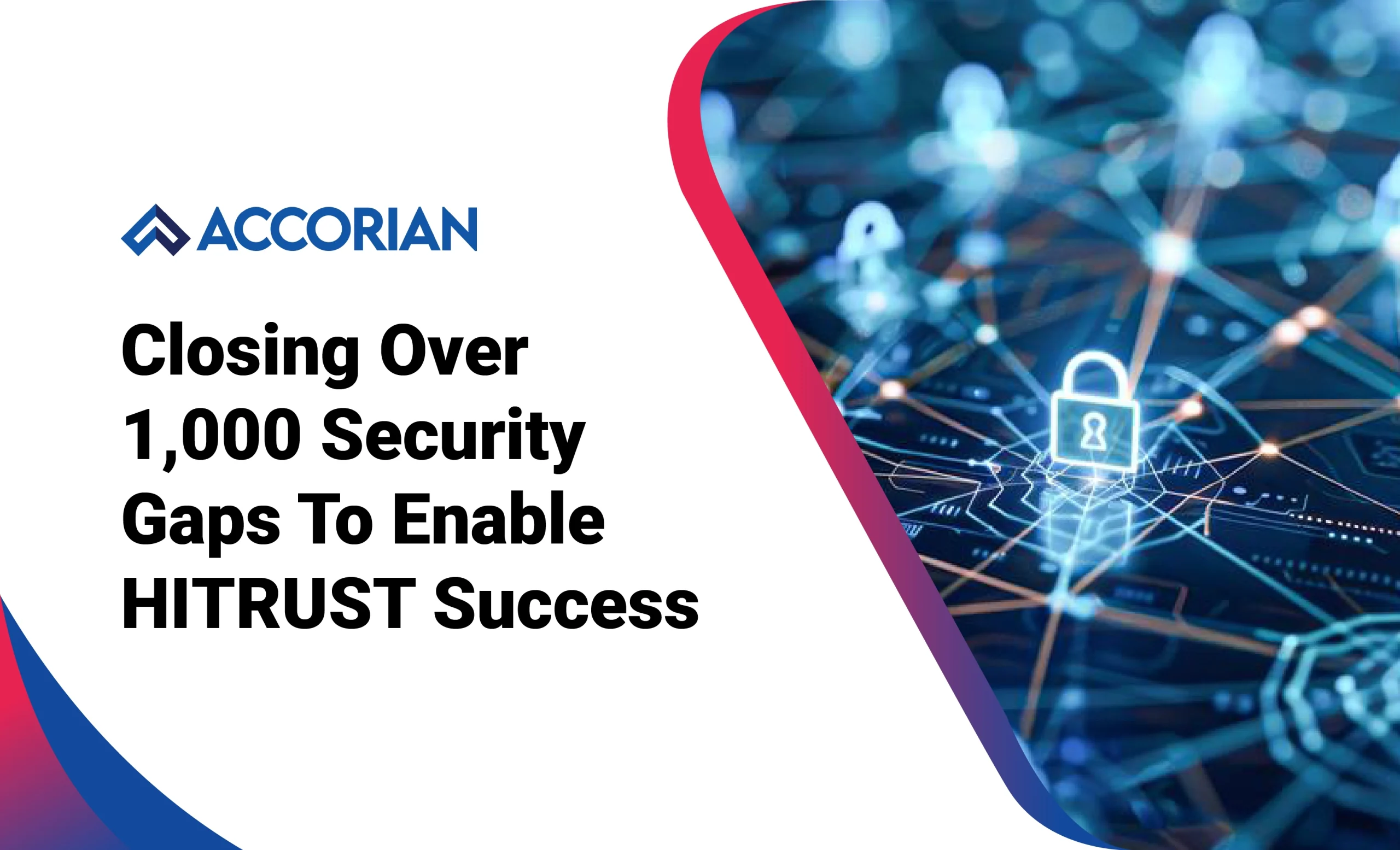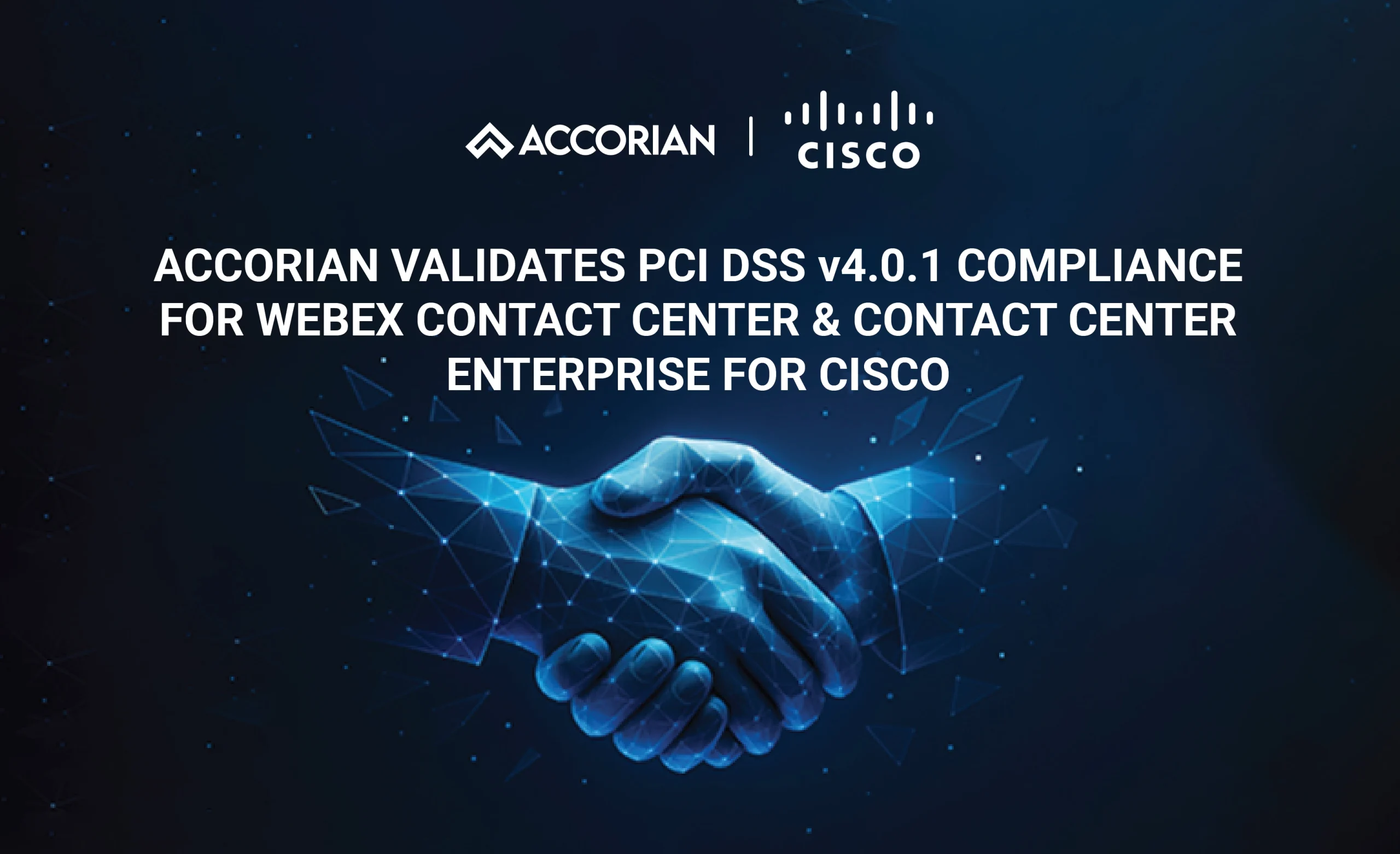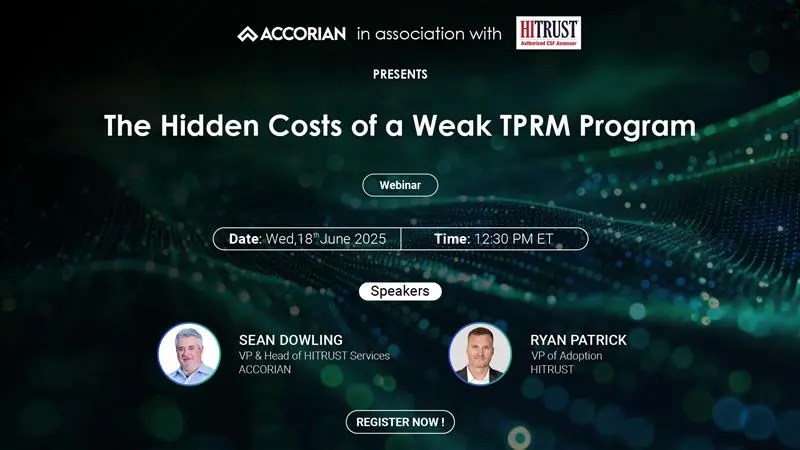SOC 1
Ensuring Financial Data Integrity
SOC 1 Compliance is an audit framework under the System and Organization Controls (SOC) developed by the American Institute of Certified Public Accountants (AICPA). It assesses how effectively a service organization manages controls related to financial reporting. SOC 1 audits, performed by registered CPAs, evaluate both the design of controls (Type I) and their operational effectiveness over time (Type II). These audits follow recognized standards such as SSAE 18 in the United States and ISAE 3402 worldwide.
Why Do You Need SOC 1?
SOC 1 compliance is strategically necessary for service organizations that deal with their clients’ financial reporting. Your dedication to operational excellence, regulatory compliance, and dependability is demonstrated when an independent auditor certifies your financial controls using SOC 1. This not only makes you stand out in competitive markets but also increases trust with clients, investors, and auditors. In many cases, SOC 1 compliance is a contractual or regulatory requirement. Beyond fulfilling these commitments, it strengthens important business relationships by lowering operational and financial risks, expediting upcoming audits, and reaffirming your commitment to data security and integrity. SOC 1 enhances your reputation and credibility over time, and our experts can help make your compliance journey more seamless.
Importance of SOC 1 Attestation?
Enhance Trust and Transparency
Explain to clients and stakeholders the strength of your internal controls over financial reporting (ICFR), security, and confidentiality.
Optimize Compliance and Audit Efficiency
Minimize the duration, expenses, complexity of audits, regulatory requirements, and vendor assessments, while seamlessly streamlining operations.
Meet Your Obligations
Provide customized reports that highlight your dedication to security and ICFR compliance to address industry-specific issues.
Proactively Manage Risk
Identify and resolve potential threats to financial data, security, integrity, and compliance before they grow into significant problems.
Strengthen Competitive Advantage
Differentiate your organization in the marketplace by demonstrating a verified commitment to robust financial controls and operational excellence, making you a more attractive and trustworthy partner to clients and stakeholders.
Types of SOC 1 Reports
01
Type I Report
Previously aligned with SSAE 16, SOC 1 audits are now conducted under SSAE 18, the current AICPA attestation standard. It offers reassurance that the controls in place are appropriately crafted to support security and accuracy in financial reporting, demonstrating a strong dedication to both regulatory compliance and financial integrity.
02
Type II Report
Stages of Achieving Your SOC 1 Report
Scoping
We assist in identifying which systems, processes, and services are relevant to the audit, particularly those affecting financial reporting. We collaborate with the client to understand important control objectives and assess which is more appropriate based on the requirement, Type 1 or Type 2 (Type I focuses on design at specific point in time, whereas Type II assesses both design and operational efficacy over a defined period of time).
Gap Assessment
Expert guidance will be provided to address any identified gaps or weaknesses in your internal controls over financial reporting (ICFR). Our team will recommend improvements to processes and security measures, ensuring alignment with relevant regulations and standards. This prepares you for a successful audit.
Remediation Advisory
We offer expert advice to resolve any gaps or shortcomings identified in your controls, providing strategic advice to improve processes, strengthen security controls, and maintain compliance with applicable regulations and standards. The advisory phase is intended to position your organization to pass an audit by having all controls suitably designed and functioning.
Pre-Audit
Before the official audit, we perform a pre-audit review to assess the effectiveness of your recently installed controls. This proactive measure ensures audit readiness and offers a chance to correct any outstanding gaps or make final adjustments before the official review.
Audit & Attestation
As your trusted third-party provider, we perform a comprehensive audit of your financial controls, evaluating both their design and operational performance. Upon completion, you will receive a detailed report outlining your system, the controls in place, and our independent opinion on their suitability and performance.
Who Should Get SOC 1?
SOC 1 compliance is especially crucial for firms that handle financial reporting or sensitive client transactions. This includes organizations that provide:
Financial Services
Payroll & HR
SaaS Companies
Healthcare
Business Process Outsourcing (BPO)
For medium to large enterprises and expanding startups that provide outsourced financial services or IT solutions, SOC 1 compliance offers significant benefits by promoting stakeholder confidence, supporting regulatory compliance, and strengthening their competitive position in the marketplace.
Difference Between SOC 1 & SOC 2 Reports?
Although both SOC 1 and SOC 2 look at internal controls, they serve different purposes and audiences:
SOC 1 focuses specifically on controls relevant to financial reporting. It is intended for auditors and financial stakeholders who rely on the services you provide as part of their financial audit process.
SOC 2 evaluates controls related to security, availability, processing integrity, confidentiality, and privacy, as defined by the AICPA’s Trust Services Criteria. While it emphasizes data handling and IT systems, it also encompasses organizational and operational controls that support the secure and reliable delivery of services.
Organizations offering cloud computing, SaaS, or data processing often need SOC 2 to reassure clients about cybersecurity. Those impacting clients’ accounting or finance functions benefit more from SOC 1.
SOC 1 is for internal controls over financial reporting (ICFR), while SOC 2 addresses non-financial controls related to data and systems.
Some companies need both, depending on their services and clients. When that happens, assessments can be aligned to maximize testing efficiency and reduce audit fatigue.
Why Choose Accorian?
Accorian is a trusted cybersecurity and compliance advisory firm with expertise in SOC 1 compliance. Our team brings years of hands-on experience in both financial controls and IT systems, giving us a well-rounded perspective when evaluating and strengthening your financial reporting controls.
We’ve helped businesses of all sizes with both Type I and Type II SOC 1 reports, walking alongside them through each stage, from initial scoping and gap assessments to remediation advice and final audit. Whether you’re facing your first audit or looking to improve an existing compliance framework, we make sure your controls truly align with current standards and industry best practices.
Working with Accorian means your business benefits from improved audit readiness, greater stakeholder trust, and a more robust foundation for accurate financial reporting. Our practical approach not only streamlines your compliance process but also helps you stand out to clients and partners with controls they can genuinely rely on.
Accorian’s SOC 1 services are designed to strengthen the internal controls over financial reporting (ICFR) that organizations rely on to meet regulatory and client expectations. We assess your financial and IT systems for compliance, identify control gaps or weaknesses, and provide strategic recommendations to remediate risks, ensuring the accuracy, reliability, and integrity of your financial data. Our approach helps build confidence with stakeholders, auditors, and clients by demonstrating your commitment to financial accountability and operational excellence.
Frequently Asked Questions (FAQs)
Q. What is a SOC 1 report?
A. SOC 1 evaluates internal controls over financial reporting (ICFR), providing assurance to auditors and clients.
Q. Who needs a SOC 1 report?
A. Service organizations that impact clients’ financial reporting processes, like payroll, SaaS, or accounting firms.
Q. What is the difference between SOC 1 Type 1 and Type 2?
A. Type 1 examines control design at a point in time, while Type 2 evaluates effectiveness over a defined period.
Q. How does Accorian help with SOC 1 readiness?
A. Accorian conducts gap assessments, documentation reviews, and pre-audit remediation to ensure clean audit outcomes.
Q. How does SOC 1 complement other frameworks like SOC 2 or ISO?
A. Together, they provide a holistic view of security, compliance, and financial control maturity.
Q. What is the difference between SOC 1 and SOC 2?
A. SOC 1 audits internal controls over financial reporting (ICFR), relevant to service providers affecting clients’ financials. SOC 2 evaluates controls around data security, availability, integrity, confidentiality, and privacy – relevant to technology and SaaS providers managing client data.






